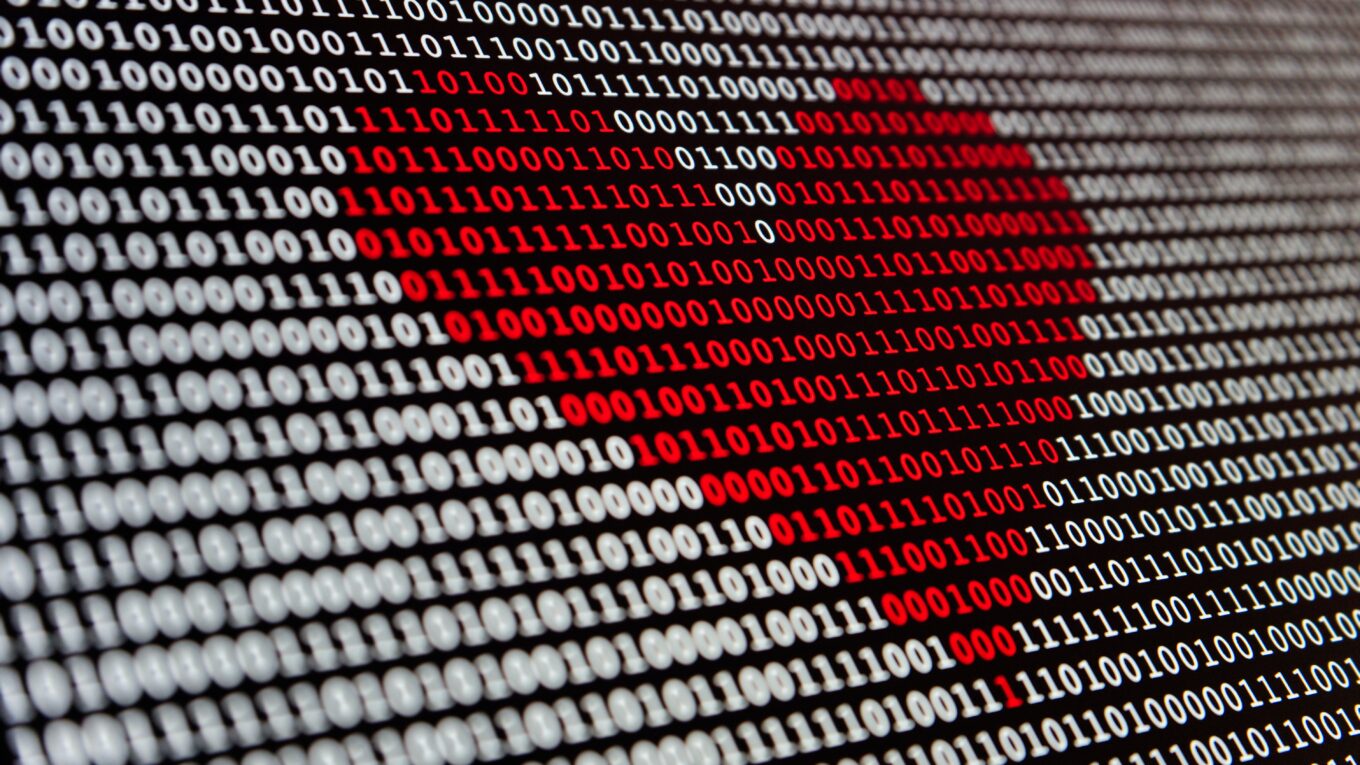Embarking on a journey to learn data science from scratch can be both exciting and rewarding, especially when access to valuable resources comes at no cost. In this article, we will explore the top 10 ways to delve into the world of data science without breaking the bank. Whether you’re a beginner eager to acquire foundational skills or someone looking to enhance their existing knowledge, these free and accessible learning avenues offer a diverse range of opportunities. From online courses and interactive platforms to community-driven initiatives, discover the tools that can empower you to master data science concepts and techniques, paving the way for a successful career in this dynamic field. Join us as we unravel the possibilities for self-paced, cost-effective learning in the realm of data science.
Table of Contents
To start learning data science from scratch, you can follow these steps:
Understand the Basics to learn Data science:
- Learn or review the basics of mathematics, particularly linear algebra, calculus, and statistics.
Programming Skills:
- Choose a programming language like Python, and become proficient in it. Python is widely used in data science.
Learn Data Manipulation and Analysis:
- Study libraries like NumPy and Pandas for data manipulation.
- Explore data visualization with libraries like Matplotlib and Seaborn.
Statistics and Probability:
- Gain a solid foundation in statistics and probability theory.
Machine Learning:
- Begin with supervised learning algorithms, such as linear regression and decision trees.
- Progress to unsupervised learning techniques like clustering and dimensionality reduction.
- Understand the fundamentals of deep learning if interested.
- Data Science Tools:
- Learn how to work with data science tools like Jupyter notebooks and data science libraries (scikit-learn, TensorFlow, PyTorch).
Real-World Data:
- Work on real-world datasets and projects to apply your knowledge.
Online Courses and Books:
- Consider online courses and books, like those on Coursera, edX, or resources like “Python for Data Analysis” by Wes McKinney.
Communities and Forums:
- Join data science communities like Kaggle, Stack Overflow, and Reddit’s r/datascience for learning and networking.
- Build a Portfolio:
- Create a portfolio of projects to showcase your skills to potential employers.
- Stay Updated:
- Data science is a rapidly evolving field, so stay updated with the latest trends and technologies.
- Practice, Practice, Practice:
- The more you practice and work on projects, the better you’ll become.
In conclusion, learning data science from scratch need not be a daunting task, as numerous free and comprehensive resources are readily available. By taking advantage of the diverse learning platforms mentioned in this article, you can acquire the essential skills and knowledge needed to navigate the complexities of data science. Remember, the journey to proficiency is ongoing, and consistent practice is key to mastery. Embrace the wealth of opportunities at your fingertips, and let your curiosity drive your exploration of this ever-evolving field.
For further exploration and hands-on practice, consider checking out renowned platforms like:
These platforms offer a wealth of courses, projects, and collaborative spaces to refine your skills and stay connected with the vibrant data science community. Happy learning!
FAQs about Learning Data Science from Scratch for Free:
1. Is it really possible to learn data science for free?
Absolutely! There are numerous reputable platforms offering free courses and resources to help you build a strong foundation in data science.
2. What are the essential skills needed for a career in data science?
Core skills include programming (Python or R), statistics, machine learning, data visualization, and a solid understanding of databases.
3. How do I choose the right learning path for me?
Consider your current skill level, preferred learning style, and career goals. Experiment with various platforms and courses to find what suits you best.
4. Can I gain practical experience without access to expensive tools?
Yes, many platforms provide access to free datasets, and tools like Jupyter Notebooks and Google Colab offer a practical environment without the need for significant financial investment.
5. Are there any prerequisites for learning data science?
While having a basic understanding of mathematics and statistics can be helpful, many introductory courses assume no prior knowledge, making them accessible to beginners.
6. How long does it take to become proficient in data science?
The timeline varies based on individual dedication and the complexity of the topics covered. Consistent practice and real-world application significantly contribute to the learning process.
7. Are certifications important in the field of data science?
Certifications can enhance your credibility, but practical skills and a strong portfolio often carry more weight in the data science community.
8. How can I stay updated on the latest trends and advancements in data science?
Engage with the community through forums, social media, and attend virtual or local meetups. Following industry experts and subscribing to reputable blogs is also a great way to stay informed.
Remember, the journey to becoming a proficient data scientist is a personal one, and these FAQs aim to guide you through common queries as you navigate the exciting world of data science. Happy learning!
Remember, learning data science is a journey, so take your time, and don’t be discouraged by challenges. Good luck!
